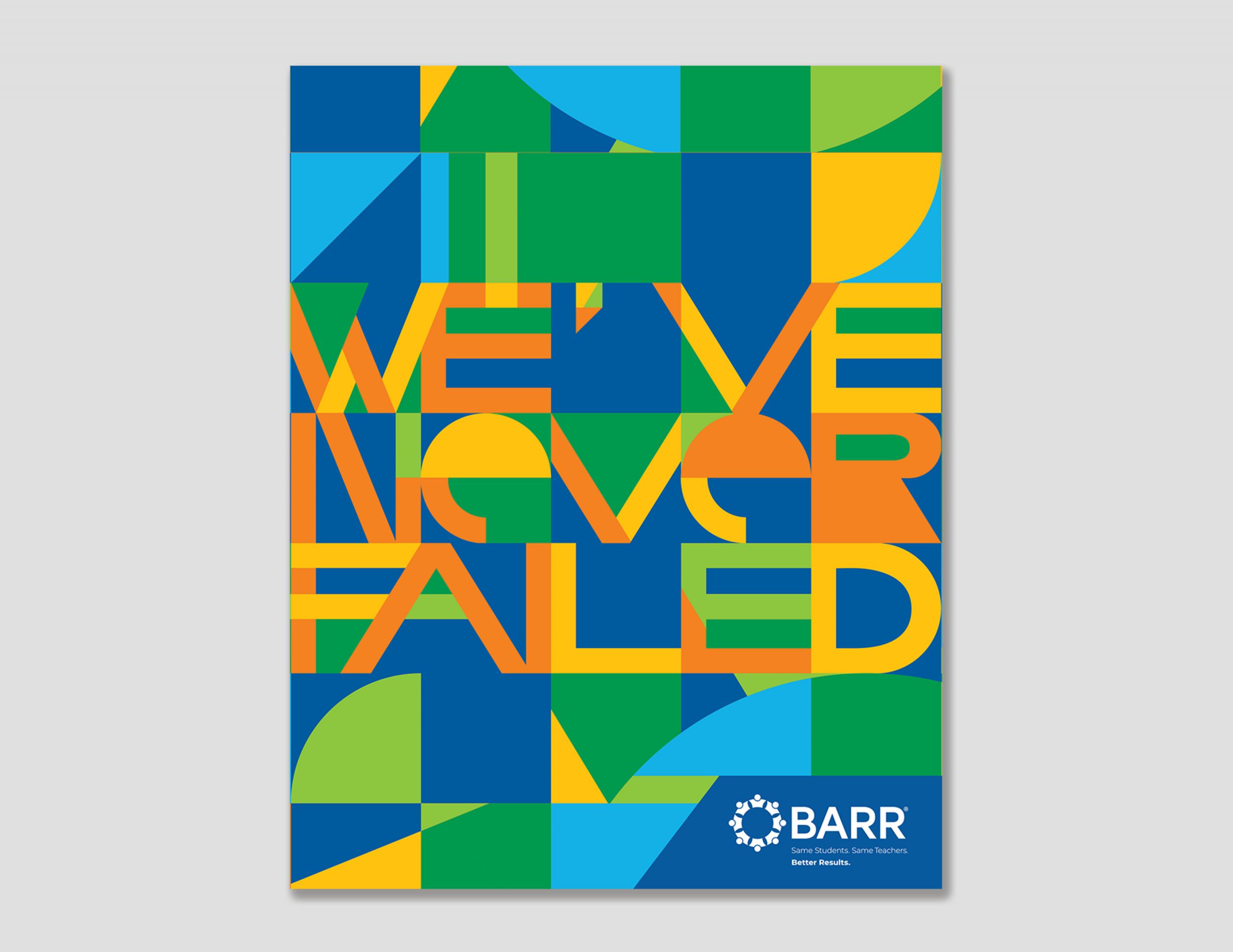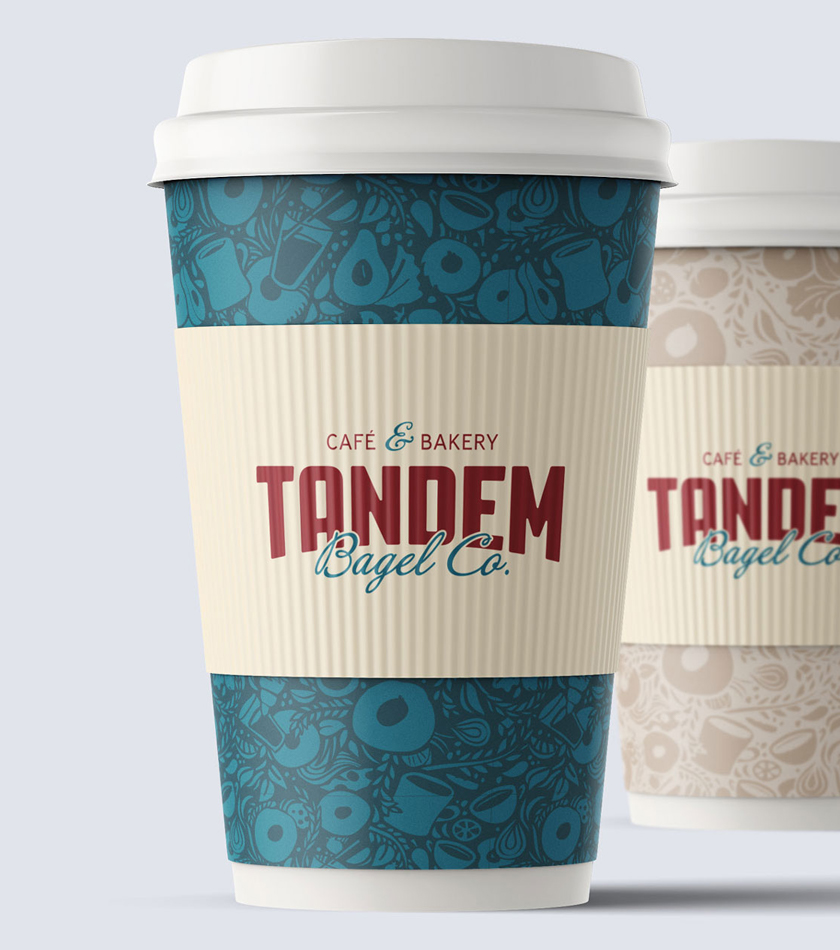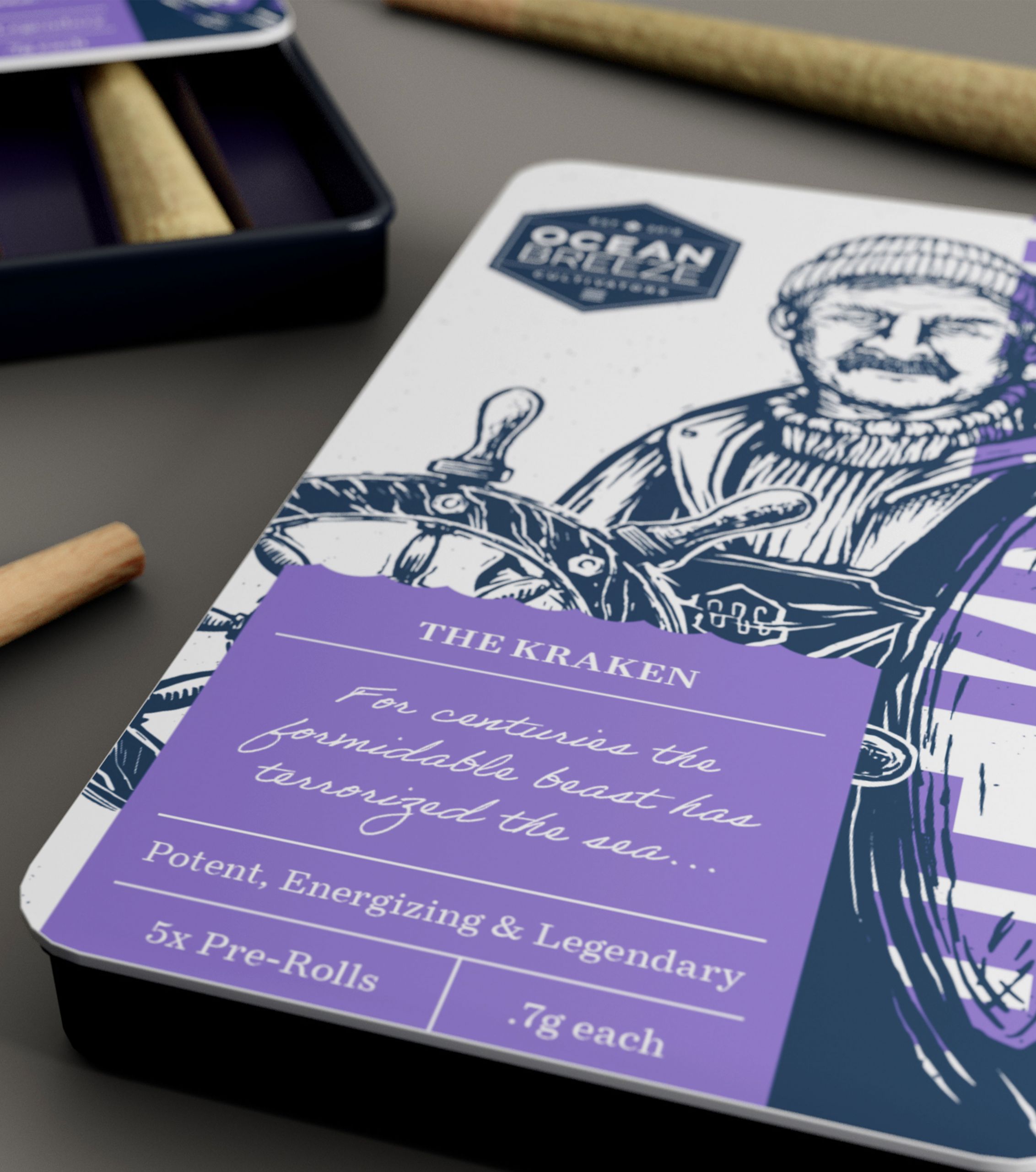Authenticity: the buzzword of 2020

In business, branding, and marketing — buzzwords are a way of life. And like anything else in nature, each one has a predictable life cycle — it’s born from something interesting everyone shared on social media, it enters our collective vernacular, we overuse it to death, and then someone influential publishes an article telling us it’s one of the top ten words to stop using this year.
One of the buzziest buzzwords in circulation currently — is authenticity. And the message we’re getting from the experts out there, is that Millennials and Generation Z consumers are demanding it from brands.
Combined, these massive groups represent 144 million consumers. So it’s not surprising that brands are scrambling to be who they want them to be. But in a lot of cases, this effort is falling flat. Why? Because becoming authentic in the eyes of consumers is not an overnight light switch situation.
So how do we take the data being presented by this buzzword, and use it to our advantage? What is the word authentic really pointing us to? What does it tell us about these 144 million people, and what they’re seeking?
According to our good friend Merriam Webster, to be “authentic” is to be “true to one’s own personality, spirit, or character.” It’s tricky, because it’s subjective — different, depending on the eye of the beholder. Imagine a marketing director walking into a board room and declaring, “Let’s invest in a new ad campaign that shows how authentic our brand is.”
Okay. But now what?
One thing’s for sure —the best way to come across as disingenuous or inauthentic, is to say how authentic you are. This is sort of like telling your boss you’re successful or telling your friends how nice you are.
So it’s not about telling. It’s about showing.
During the global pandemic, a lot of us (consumers) have started to equate authenticity with empathy, or caring about something larger than profits — such as sustainability, education, consumer health, or political movements. It’s reasonable that we’re looking for signs of humanity in this time of crisis. However, when marketers start adding on taglines to temporarily meet the needs of consumers (telling us how authentic they are), it dilutes the meaning of the words they use and weakens the brand’s identity in the process.
What consumers of all ages are looking for and responding to, are brands they trust. And that trust is built over time, through a consistent message, showing up in the same way, everywhere they encounter your brand. So if your message is about empathy, show up as yourself over and over. But the same logic applies to all brands. Building trust (i.e., authenticity) is not exclusive to brands with an empathetic or socially-responsible mission.
So, if being rebellious is part of your brand’s core identity, then embrace it. If encouraging consumers to treat themselves is your brand’s promise, then stick to it. If outrageous confidence is one of your brand’s personality attributes, let it shine!
Now more than ever, consumers see through thin personalities and attempts to adopt messaging that doesn’t match a brand’s core. Authenticity, as it’s being used by marketers, is a branding trap.
Focus on building a brand identity with depth, and sticking to it — in both your actions and your communication. Consistency builds trust and recognition — fundamentally growing your consumer base in a way that will outlast the rise and fall of any buzzword.


